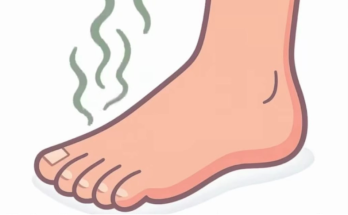Your health often gives small signals before major issues arise. Paying attention to these changes can help you take action early and prevent complications.
Recognizing the Symptoms
Sudden or severe pain in areas such as the chest, head, abdomen, or back should never be ignored. These discomforts can sometimes indicate hidden problems that need professional care.
Feelings of dizziness, fainting spells, or frequent loss of balance may also signal underlying concerns. Even when they seem minor, they can point to issues with circulation, dehydration, or blood pressure.
Difficulty breathing, rapid breathing, or a feeling of tightness in the chest are important warnings. These changes may be connected to respiratory or cardiovascular conditions and deserve immediate attention.
Alterations in vision or speech, such as blurriness, temporary vision loss, or slurred speech, should always be taken seriously. These can be linked to neurological problems that require prompt evaluation.
A racing heartbeat or irregular rhythm is another sign that should not be overlooked. Consistent palpitations may reflect cardiovascular concerns that benefit from early diagnosis.
Factors That May Increase Health Risks
Some people are more vulnerable due to family history, such as relatives with heart, respiratory, or neurological problems. Chronic conditions like diabetes, hypertension, or long-term breathing issues can also raise risk levels.
Lifestyle habits, including lack of physical activity, poor nutrition, or smoking, often make the body more susceptible to illness. Aging naturally increases vulnerability as well, making regular health monitoring essential.
Taking the Right Steps
When your body shows unusual signs, it’s important not to ignore them. Seeking professional help early can make all the difference. If symptoms feel sudden or severe, getting immediate medical attention is crucial.
Keeping a simple record of what you experience—when symptoms appear, how long they last, and what you were doing at the time—can help healthcare providers give a more accurate diagnosis.
It’s also best to avoid self-medicating. Some treatments may actually worsen the condition if taken without guidance. A healthcare professional can provide the safest path forward.
Conclusion
Your body speaks in subtle ways, and listening to these early warning signs can protect your health. Whether it’s unexpected pain, dizziness, changes in breathing, blurred vision, or an irregular heartbeat, timely action is key.
Being alert and responsive not only prevents complications but also helps you maintain long-term well-being.




